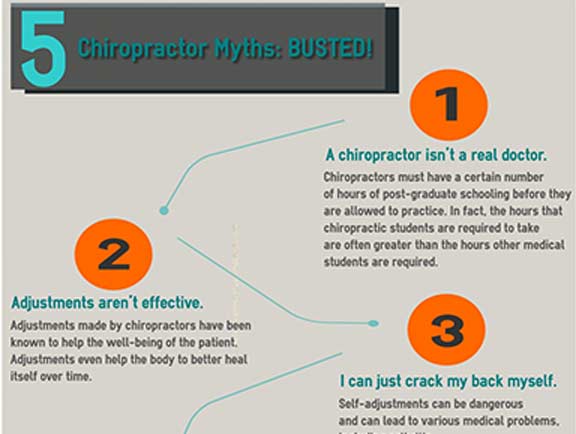Reveal The Underlying Relevance Of Your Pain In The Back And Empower On Your Own To Boost Your Wellness
Reveal The Underlying Relevance Of Your Pain In The Back And Empower On Your Own To Boost Your Wellness
Blog Article
Published By-McCabe Reimer
If you're experiencing back pain, your body could be trying to inform you something greater than simply discomfort. The way your back really feels can supply useful hints about your total health. Recognizing the specific type of pain you're feeling and any accompanying symptoms is essential to deciphering the mystery behind your discomfort. Let's discover the typical problems and symptoms associated with different types of neck and back pain to shed light on what your body might be signaling.
Types of Neck And Back Pain
When it comes to pain in the back, there are different types that you may experience. One common type is muscular tissue pain, often triggered by overuse, pressure, or injury to the muscular tissues and ligaments supporting the back. This kind of pain can vary from light pain to severe and devastating discomfort.
One more type is nerve discomfort, which can arise from problems like herniated discs or sciatic nerve pain. Nerve pain usually presents as a sharp, shooting experience that radiates down the leg.
Joint discomfort in the back can come from problems like arthritis or sacroiliac joint disorder. This kind of discomfort is normally felt in the lower back and can be exacerbated by particular activities.
Additionally, neck and back pain can be connected to architectural problems such as spinal stenosis or vertebral cracks. Comprehending the type of pain in the back you're experiencing is essential in establishing the appropriate therapy and monitoring techniques.
Common Symptoms to Expect
Relocating beyond the different sorts of back pain, it's important to identify the common signs and symptoms that can signal underlying concerns.
Persistent pain in the back that aggravates with movement or in the evening can show an extra major issue. just click the up coming website and needles or prickling in the legs or feet, particularly when accompanied by weak point, might point to a nerve-related concern. If you experience abrupt fat burning along with back pain, maybe an indication of a more systemic condition.
Take notice of any kind of modifications in bladder or bowel feature, as this could be linked to spine compression. High temperature, cools, or night sweats along with neck and back pain may signal an infection. Keep an eye out for pain that emits down one or both legs, potentially a measure of sciatic nerve pain.
Health Conditions Linked to Pain In The Back
If you struggle with back pain, it's crucial to comprehend the potential health and wellness conditions linked to this pain. Back pain can be a signs and symptom of various underlying problems, including muscular tissue strains, herniated discs, osteoarthritis, spinal stenosis, and even problems like kidney rocks or infections.
Muscular tissue stress prevail and frequently result from raising hefty things or abrupt movements.
Herniated discs occur when the soft tissue between vertebrae protrudes, creating nerve inflammation.
Recommended Studying , a degenerative joint condition, can bring about pain in the back as cartilage wears down.
Back stenosis, the narrowing of the back canal, can put pressure on nerves.
Kidney stones might cause intense pain in the back if they relocate right into the urinary system.
Infections like spine osteomyelitis can likewise materialize as pain in the back. Comprehending these possible health problems can help you seek suitable medical care and administration for your back pain.
Final thought
So, following time your back injures, focus on the type of discomfort and accompanying signs. Maybe a signal from your body concerning underlying wellness conditions like muscular tissue stress, nerve issues, joint problems, or even structural issues. By acknowledging these indications, you can take proactive steps to deal with the root cause of your pain in the back and improve your general health and wellness and well-being.
